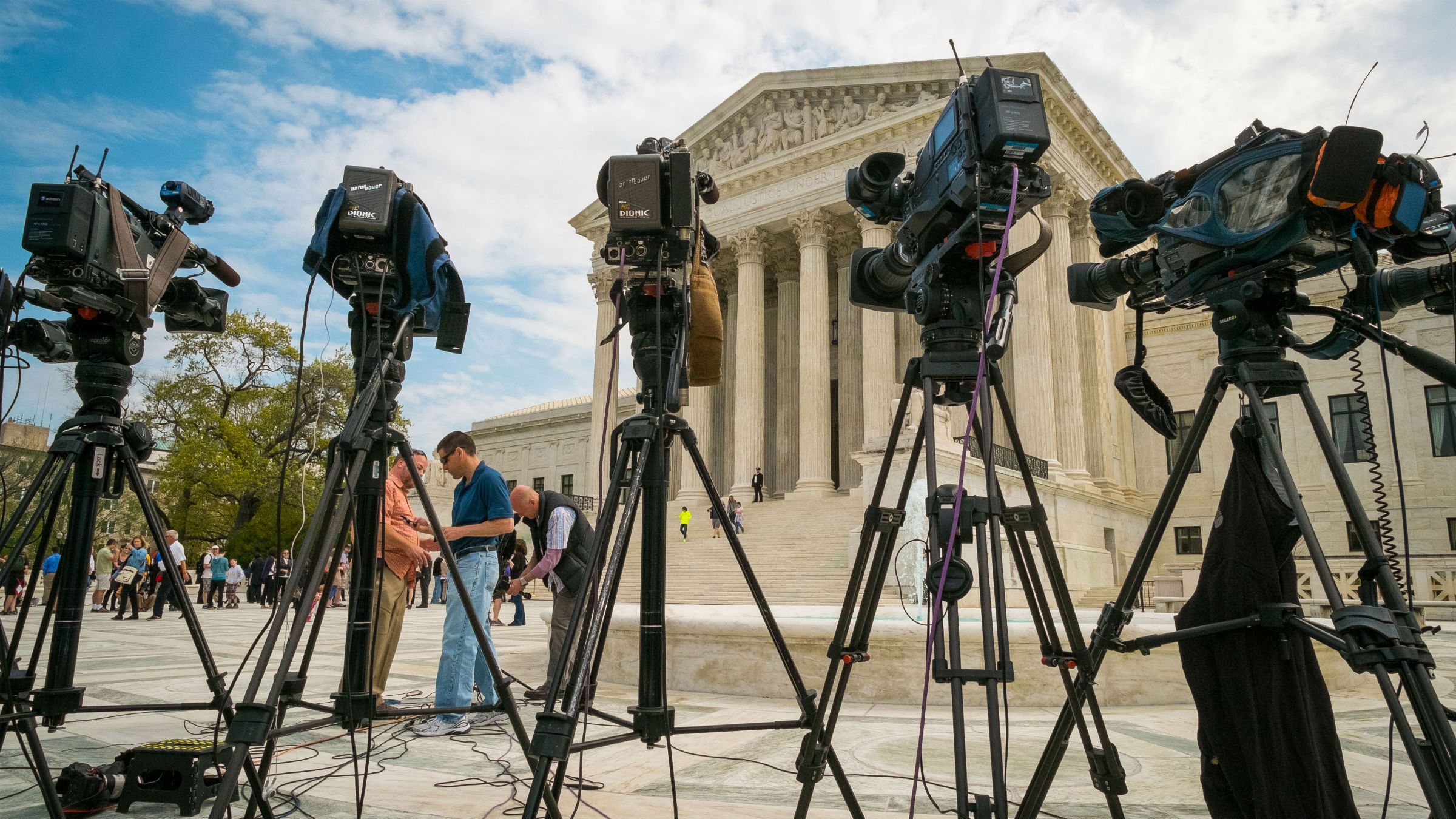A federal judge has denied a request made by Scientific Games Corporation and its subsidiary Bally Technologies Inc. and Bally Gaming Inc. to fold up the sole remaining count in a competitor’s antitrust lawsuit over casino card shuffling technology.
U.S. District Judge Matthew F. Kennelly handed down the opinion on Sept. 1,2017 holding the plaintiffs provided sufficient evidence that Las Vegas-based Scientific Games may have acted fraudulently.
Scientific Games is accused by rival Shuffle Tech International LLC and its subsidiaries, Aces Up Gaming Inc. and Poydras-Talrick LLC, of misusing patents for an automatic card shuffling device to stifle competition

